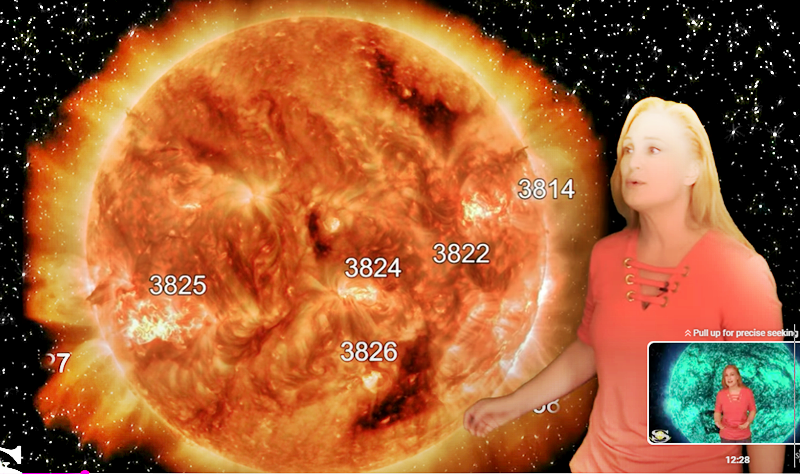SOLAR FLARES REPORT POSTED IN CLIMATE

By Michael Snyder - 16 SEPTEMBER 2024
Contrary to what scientists thought:
Last month the Sun was at its most active since 2001.The giant fireball around which our planet orbits has been far more active than scientists originally expected this year, and that could have very serious implications for all of us in the months ahead.
Fluctuations in solar activity affect our climate more than anything else, and we also tend to see more earthquakes when solar activity is at high levels. The Sun's current cycle was supposed to peak at some point in the next 12 months, but so far there is no sign of solar activity slowing down. In fact, the average number of sunspots we saw last month was the highest we've seen since 2001.
The average number of sunspots reached 215 in August, according to the Solar Influences Data Analysis Center at the Royal Observatory in Belgium. It is the highest figure since Sept.-Dec. 2001.
